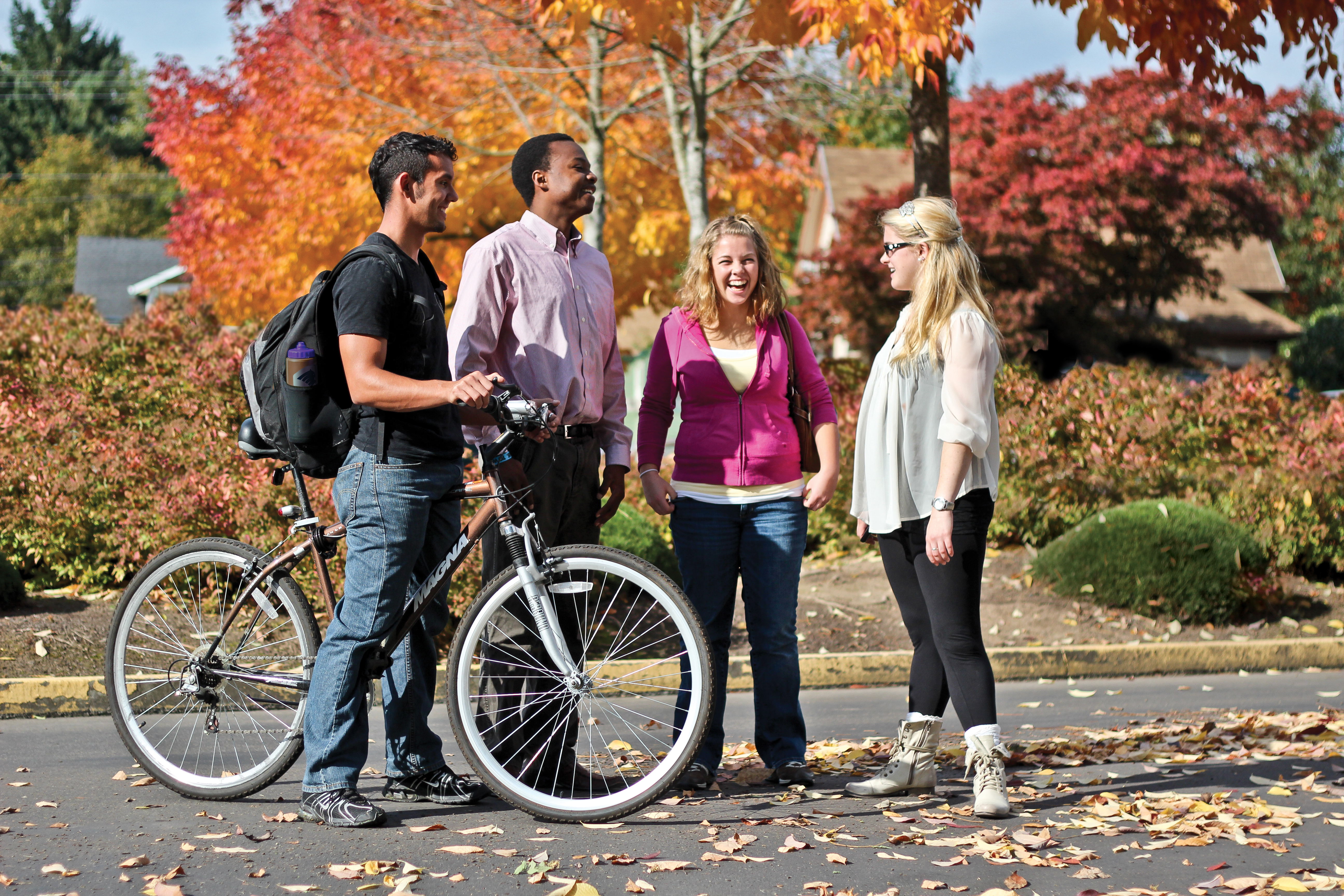Mapping HIP Participation (Clemson University)
For years, Clemson had wanted to reproduce a report that connects their NSSE data and disaggregates high-impact practices (HIPs) by student demographic factors based on the data that can be verified at the institution.
By engaging in its project ClemsonForward, Clemson was able to map, define, and identify data while also understanding where and who was engaging in this process and areas that needed improvement. This work entailed partial use of institutional-level data, partial use of programmatic-level data, and some good old-fashioned walking around campus to talk to those who had pieces of the student engagement puzzle. However, much of their data is not centralized which prevented from engaging in learning more about the HIPs that they were engaging in across their campus. They began this process by identifying the institutional scope of HIPs and conducted a two-part focus group with faculty and staff stakeholders. They also made use of the partial data they had and combined it with data that was available at their campus through various offices. The longitudinal aspects of this project was carried out with a entering cohort of students by identifying each students' involvement in high-impact practices each semester for the entire time they spent at the institution or for six years until they left the institution with or without a degree.
With an intent to provide a roadmap for other institutions to fully understand engagement and drive change on their campus, they decided to focus on activities that fit the criteria of high impact practices or better known as HIPs.
To learn more about Clemson’s case, including its 10-year strategic plan ClemsonForward and its goals, visit the NSSE Lessons from the Field webpage.









